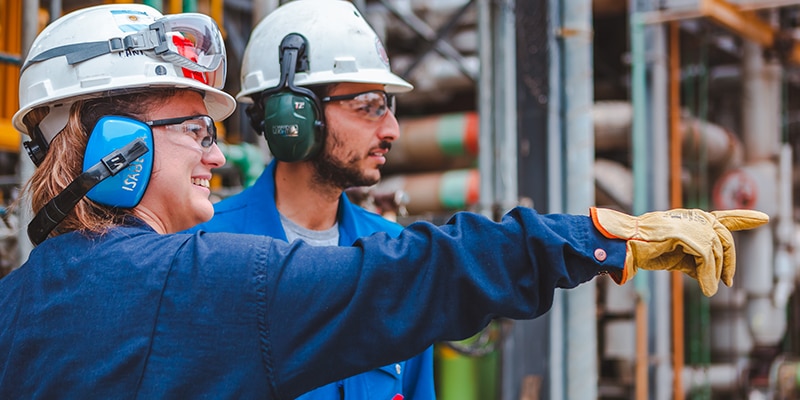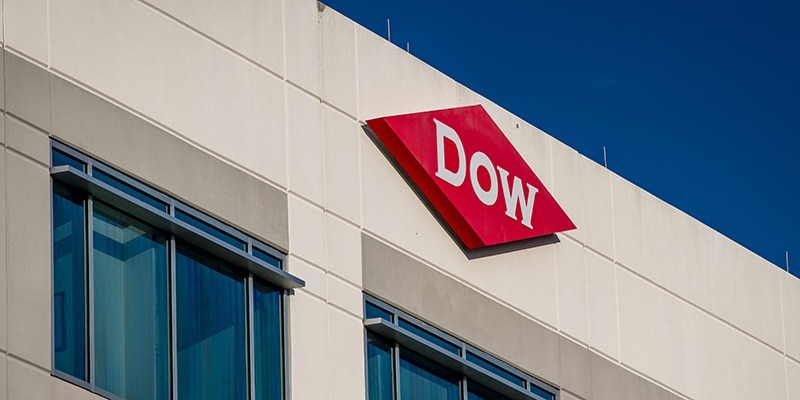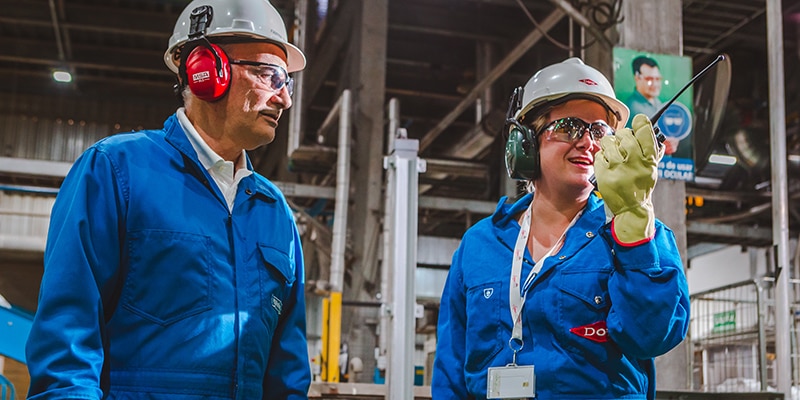Across our businesses, we are delivering market-driven, breakthrough, sustainable innovations that are deeply rooted in rigorous science. By helping our customers manufacture products that reduce carbon emissions and resource consumption, and enable circularity, we bring value to our customers and society, while increasing our competitiveness.
Transitioning to a circular economy is not only vital to the preservation and protection of our planet’s natural resources, but also critical to the success of businesses at Dow. As we transform to a circular economy, we are taking into account a product’s lifecycle – from creation to use to disposal – in everything we do and create; using our science, scale and global relationships across our value chains to create shared opportunity for Dow and society. We are taking a leading role in driving a more circular economy by designing for circularity and building new business models for circular materials. Dow believes that public policy will be a critical enabler of successfully establishing a circular economy. Smart policies, as well as partnerships, can help drive innovation, and accelerate adoption and expansion of advanced recycling to complement traditional recycling.
Dow’s Policy Position
A circular economy policy agenda must:
- Foster more open innovation across government, industry, academic, and NGOs.
- Enable Development of New Business Models that facilitate the transition to a circular economy.
- Incentivize greater recycling rates for materials after use.
- Create demand for products with recycled content.
- Implement packaging fees to help manage a product at the end of its useful life in a more sustainable way.
- Invest in Infrastructure to improve the supply chain and enable advanced recycling approaches.
- Promote Advanced/Chemical recycling and other recycling technologies to resolve the issue of hard-to-recycle substances in products.
Last revised December 2022






